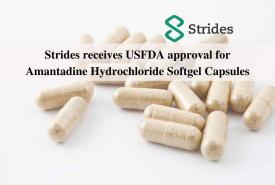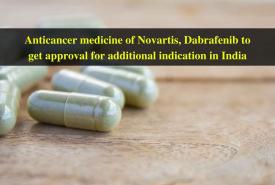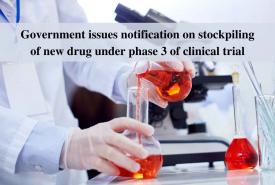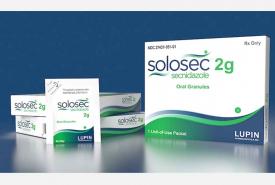Binnopharm to acquire two anti bacterial brands from Dr. Reddys in the Russia
The Sistema Group company Binnopharm Group, one of the leading pharmaceutical production companies in Russia via its affiliate Joint Stock Company Alium, and Dr. Reddys Laboratories Ltd an integrated global pharmaceutical company, today announced the signing of a deal that will allow Binnopharm Group to acquire anti-bacterial medicines under the Ciprolet and Levolet brands from Dr. Reddys in Russia, Uzbekistan and Belarus. The portfolio includes various dosage forms such as tablets, solution for infusions and eye drops.


















